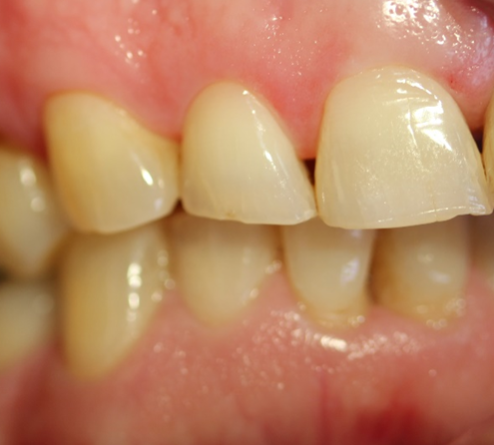How do I Get a Certificate of Dental Health?
Before undergoing a transplant, your doctor or liaison nurse will request a certificate or letter of dental health from your dentist. They may or may not provide this request in writing. When making the appointment with your dentist, it is important to inform them of your request.
When Do I Get a Certificate of Dental Health?
Your dentist can only provide you with a certificate of dental health following a full examination and any necessary treatment required to ensure that you have no active or chronic disease in your mouth that may pose a risk to the transplant. During your initial examination, the dentist will examine your teeth and gums. They may take X-rays during this examination. Any treatment that is required will have to be completed prior to the transplant. It is recommended that once you are placed on the transplant waiting list to see you dentist so that any dental treatment you may require can be done well in advance of the transplant. This may allow you more options for dental treatment if there is no time constraints.
How to keep your mouth healthy before, during and after a transplant
Before: It is important to maintain good oral hygiene and oral health at all times. This reduces your risk of dental issues which may lead to pain and infection. Having a healthy mouth will allow you to eat a broad and balanced diet which is important for overall health and wellbeing. Attending your dentist regularly for examinations will allow your dentist to put preventative strategies in place or intervene early with treatment if necessary.
During and After: During and immediately after your transplant, your mouth may become sore. You may develop mouth ulcers, oral thrush, and red inflamed areas. It is important that you continue to try and maintain good oral hygiene. Informing your doctor or liaison nurse that you have a sore mouth can allow them to prescribe rinses that will help relieve these symptoms. After the transplant you will be placed on immunosuppressant medications, it is important that you see your dentist or doctor without delay if you develop any pain, swelling, or infection within your mouth.

